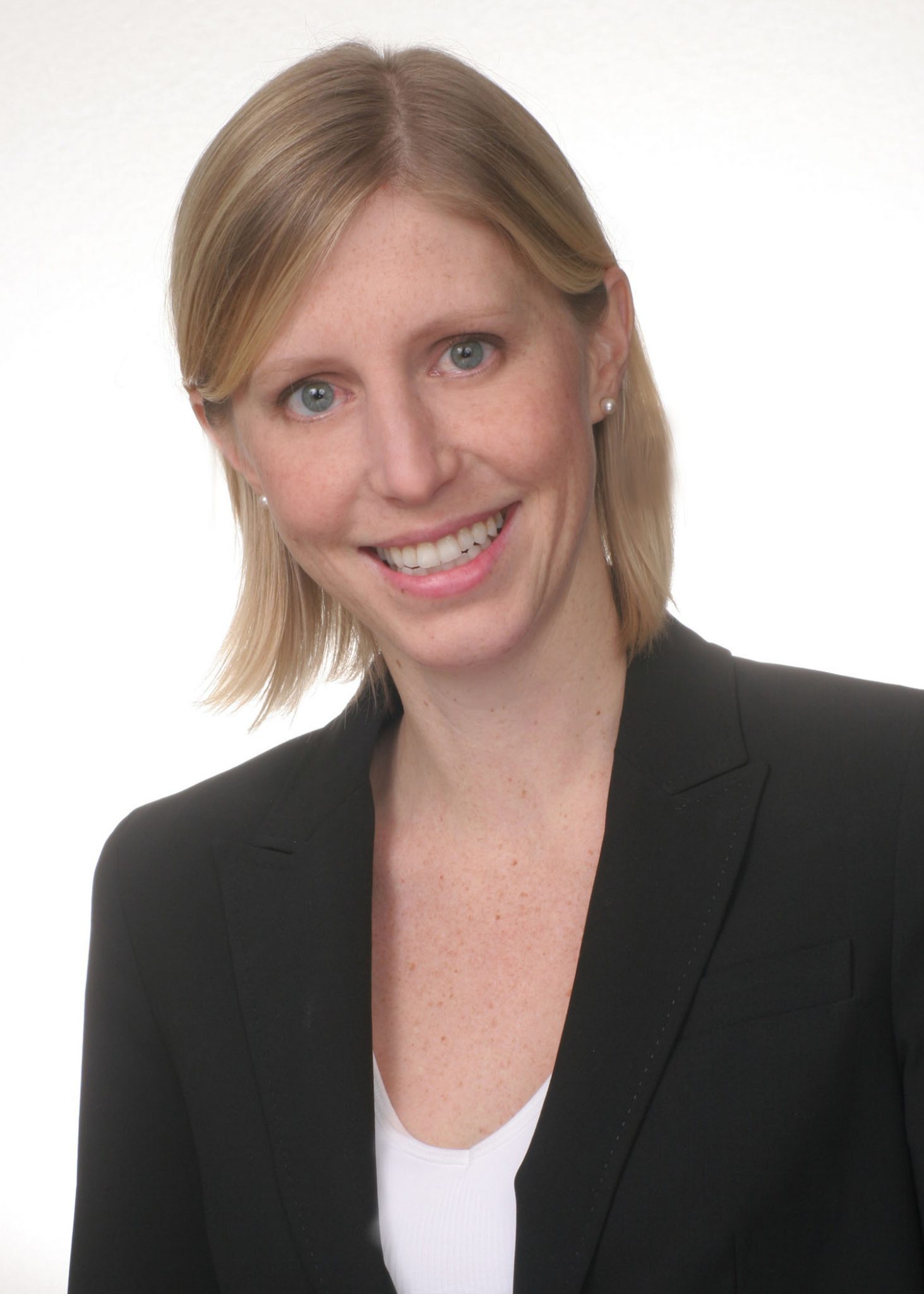Spotlight on Flex – Laura O’Boyle
The Spotlight on Flex showcases professionals from member organizations who exemplify personal and professional success while working a flexible schedule. Their stories illustrate the long-term benefits that flexible schedules offer to both individuals and organizations.
This month, we are pleased to share insights from Laura O’Boyle, Associate in the New York office of Gibson, Dunn & Crutcher LLP.
 Diversity & Flexibility Alliance: How has working flexibly made your career more sustainable?
Diversity & Flexibility Alliance: How has working flexibly made your career more sustainable?
Laura O’Boyle: I think it’s fair to say that working on a flexible schedule is the reason I’ve been able to sustain a career in “big law.” I transitioned to a 75% schedule as a sixth year associate just after my first son turned one. I had returned to work full-time after my maternity leave, but I quickly found myself struggling to find the right balance between a demanding career and my growing family. I was also coping with the recent death of my mother and was spending a lot of time thinking about the type of parent I wanted to be. Shifting to a flexible schedule seemed like a solution that would allow me to be a more present and engaged parent while continuing to sustain a career that I loved – and it very much has been.
Although I had concerns about shifting to a flex-time schedule at that point in my career, the partners with whom I work and firm management have all been incredibly supportive of my decision. With their support, I have never once second-guessed the transition.
For others considering a flex-time schedule, I always remind them that this job is still incredibly demanding, even on a flexible schedule. Having a supportive husband and a wonderful caretaker for our two boys have both been critical to the success of my career.
DFA: How has working flexibly enhanced your professional development and client relationships?
LO: People who aren’t on a flex time schedule may wonder what I do with my “extra” time. While I certainly spend time with my two boys, I also use the flexibility that my arrangement provides to focus on business development opportunities, firm committees, and other non-billable activities. If I was working full-time, then I think all my free time would be focused on my family and not enough on developing relationships within the firm and with clients.
I’ve been pleasantly surprised to find that since transitioning to a flexible schedule, I’ve been able to enhance my internal firm profile. The firm engages me on parental and flex issues. For example, I recently spoke at our women’s retreat and was able to openly discuss and be a positive, associate example of a flex schedule in action. I want to show that this schedule works, and works successfully! I’ve never felt working flex-time has negatively affected my career trajectory – I’m still working with the same partners and doing the same level of work as my class year counterparts.
DFA: Would you do anything differently or what would you tell your first year associate self?
LO: My pitch line to the junior associates I mentor is that your career is a marathon and not a sprint. If you like your job, and want it to be sustainable long term, it’s critical to avoid burnout. This advice isn’t easy to remember, let alone practice, as a junior associate, and I definitely didn’t always heed it. But being on a flex-time schedule has taught me the importance of protecting my personal time, and I feel that making this a habit early in a career can make for happier associates. I also think that staking out reasonable boundaries on your time in the office can actually make you more efficient. Since having kids, I find I’m extra-efficient in the office and am much better able to prioritize and manage multiple tasks.
DFA: How do you recharge and how do you pay it forward?
LO: Whenever possible, I endeavor to use the weekends to focus on my family. To achieve that flexibility, I often will spend more time in the office during the week than a flex time schedule would suggest. However, I find being able to be very present with my kids for an extended period of time is more than worth it. Of course, my schedule is not rigid; I firmly believe I must remain flexible in order to meet the fluidity of client demands and my practice as a litigator.
I also “recharge” by spending time with my friends. I’ve always been a social person, and particularly since becoming a mom, I’ve found that actively maintaining relationships away from my home and office provides an important outlet. As my friends have become increasingly successful in their careers as well, I’ve discovered the unexpected fringe benefit of maintaining these relationships is business development.
Mentoring and firm involvement are two things I feel very strongly about. I’ve been at Gibson Dunn for nearly nine years; the firm is one of the most important communities in my daily life, and I feel it’s important to do my part to enhance it. I had incredible mentors as a junior associate, and I want to pay it forward to the new generation of attorneys coming through the firm, too.
— — —
If you are an attorney working a flexible schedule and would like to share your story in an upcoming Spotlight on Flex, contact Eliza Musallam.
